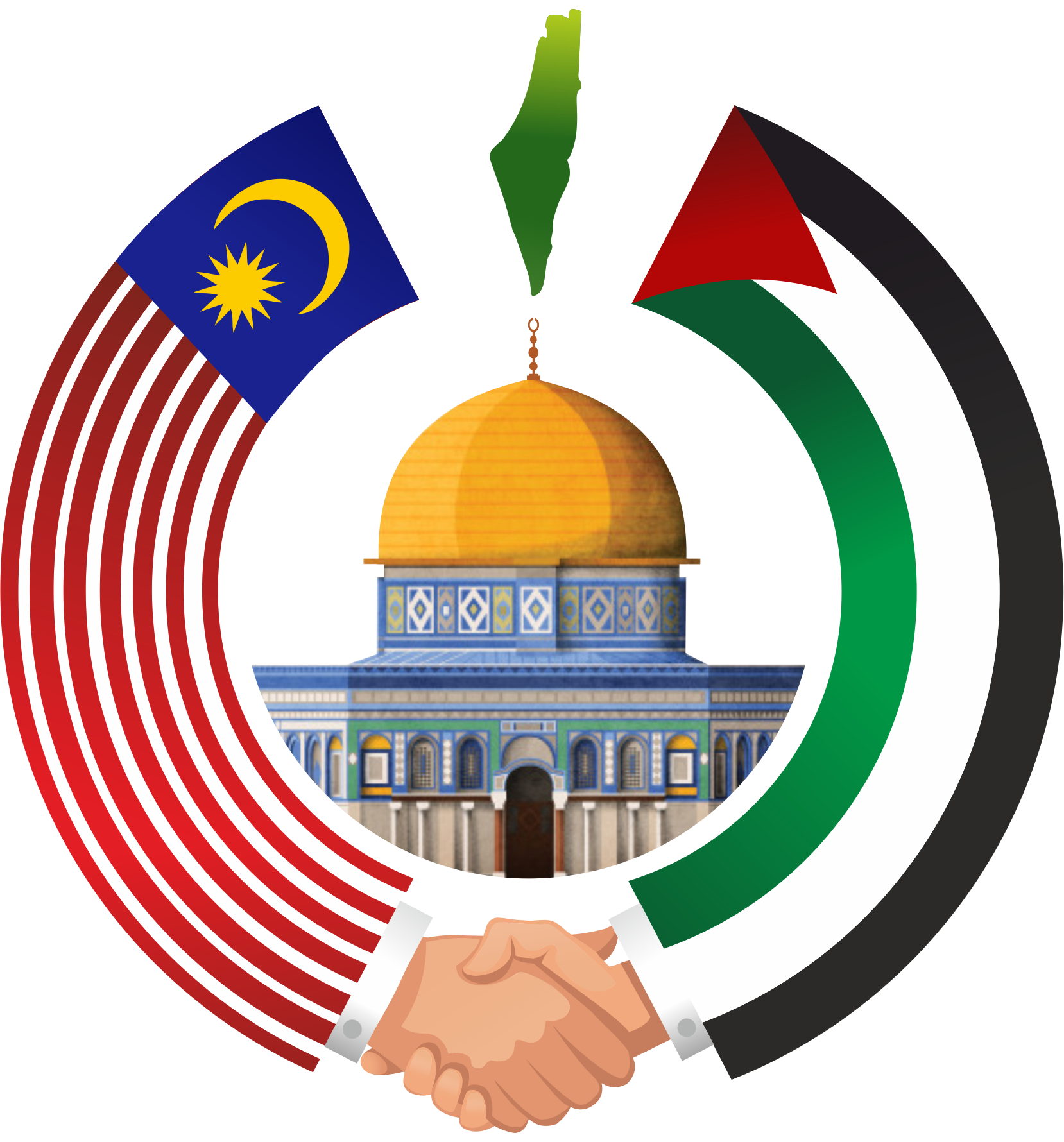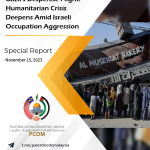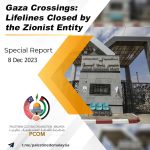The steadfast resistance of the sons and daughters of the Palestinian people, both within their homeland and scattered across the diaspora, stands as a resolute rejection of any nefarious Israeli plans to displace Palestinians. The proposed schemes include relocating them from Gaza to Egypt or from the West Bank to Jordan, actions that are feared to fragment the Palestinian cause—a cause that Israel actively seeks to obliterate, disregarding any rights of Palestinians to establish their independent state.
Israel’s longstanding strategy to rid itself of Palestinian residents in Gaza and the West Bank involves coercive displacement beyond Palestinian territories. This aligns with malicious Israeli plans to annex the remaining Palestinian lands, facilitated by the continuous expansion of settlements orchestrated by the Israeli occupation war government.
The Zionist entity’s objective of expelling Palestinians approaches what can be described as a form of ethnic cleansing, a practice condemned by international law and norms. The occupation army presents the Palestinian people with a harrowing choice: either endure a committed Holocaust or leave their ancestral land. This choice reflects the occupation’s intent to purge Gaza of its inhabitants, making way for more settlers and reinforcing the area with additional fortifications and security measures.
In a resolute stand against Israel’s occupation strategies, Palestinian officials have unequivocally rejected plans to uproot the people of Gaza from their homes and expel them from the region. This counters Israel’s objective of depopulating Gaza, a scheme actively pursued by ministers in the right-wing government governing the occupied territories. Ismail Haniyeh, the head of Hamas’s political bureau, made it clear that there would be no migration of Palestinians from Gaza to Egypt. He commended Egypt’s firm rejection of migration, resettlement, and displacement, underscoring Egypt’s role as a hospitable refuge for Palestinians.
Highlighting the recent Al-Aqsa Flood operation, Haniyeh emphasized that the Israeli occupation faced a strategic setback. Accusing Israel of perpetrating massacres and genocide, he pointed out the regime’s attempts to displace Gaza’s residents after its military forces failed to confront Palestinian factions. Haniyeh highlighted the international support these Israeli actions receive, singling out backing from the United States and certain European countries. This, he argued, exposes the glaring double standards and hypocrisy in play. The Palestinian street’s discourse rejecting the displacement of citizens from Gaza to Egypt aligns with the will of the Palestinian people and other Arab nations. Palestinians choose not to leave their land, homes, and livelihoods, affirming their commitment to live or sacrifice on their soil, avoiding a repetition of the Nakba scenario that occurred in 1948.
Leaving Gaza would mean ending the Palestinian cause, disregarding the substantial sacrifices of th thousands of martyrs who died for Palestinian freedom. In the tapestry of the Palestinian narrative, a new slogan emerges: “One Nakba is enough.” These words, articulated by writer Abdulnaser Salama, encapsulate the resilience and determination echoing through the decades of political and armed struggles in the region.
The Nakba of 1948, a pivotal moment marked by displacement and migration, unfolded either within the confines of Palestinian territories or towards neighbouring countries. Now, after 75 years, this historic catastrophe has left an indelible mark on the Palestinian experience, resulting in dispersal and diaspora, all against the backdrop of a world seemingly devoid of a global conscience.
As events continue to unfold, particularly in the tumultuous landscape of Gaza, it becomes apparent that the collective understanding of the Palestinian psyche remains elusive to the West and Israelis alike. Salama contends that the intricacies of Palestinian psychology and religiosity are yet to be comprehended fully, a void that persists despite ongoing political developments.
One poignant aspect Salama highlights is Israel’s failure to recognize the historical mistake embedded in accepting the land of Palestine for the establishment of a Jewish state. This oversight, he suggests, forms a crucial element in the protracted Palestinian struggle, emphasizing the significance of acknowledging past missteps for a more informed future. Salama adds depth to the narrative by framing the Palestinian cause not merely as a political or military endeavour but as the longest liberation war in history. Driven by psychological, religious, and historical imperatives, this protracted conflict surpasses conventional political theories and military calculations.
The recent Al-Aqsa Flood operation stands as a testament to the resilience of Palestinian youth, inscribing a powerful chapter in the 75-year saga of struggle. Salama argues that these ground-level expressions of resilience should prompt a reconsideration not only within the West but also within the United States. The challenge, he suggests, lies in approaching the Palestinian issue and its multifaceted personality with a holistic perspective that transcends geopolitical divides.
“One Nakba is enough” echoes not just as a slogan but as a poignant call for reflection, challenging the global community to engage with the Palestinian narrative in its entirety, with due consideration for the complexities that define this enduring struggle.





